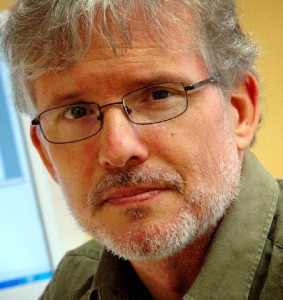 Dong-Pyou Han, who was sentenced earlier this month to nearly five years in prison for faking the results of HIV vaccine experiments, has appealed the decision.
Dong-Pyou Han, who was sentenced earlier this month to nearly five years in prison for faking the results of HIV vaccine experiments, has appealed the decision.
According to Report on Research Compliance, which first reported the news, the appeal was filed on July 15. In addition to the prison sentence, Han had been ordered on July 1 to repay more than $7 million to the U.S. National Institutes of Health, and to serve three years of supervised release following his prison term.
Former ORI director David Wright told Report on Research Compliance (paywalled) that Continue reading HIV vaccine researcher who confessed to fraud files appeal of 57-month prison sentence




